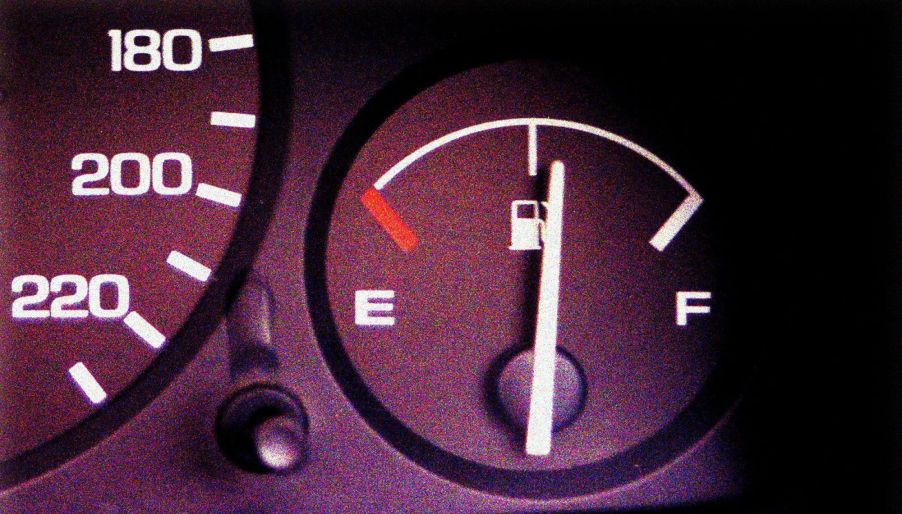
7 Car Fluids You Should Never Ignore in Your Vehicle
Caring for cars and keeping up with maintenance are cornerstones of ownership. While rotating your tires or changing your brake pads may be at the top of your list, you should also keep tabs on the fluids that keep your car running smoothly. According to AAA, here are the top seven car fluids that should be changed or checked regularly.
Fuel

This may seem like a no-brainer, but maintaining gas or diesel in your tank is important for your vehicle. While it may be tempting to think that different fuel types can benefit your car, the opposite is true. It’s best to check your car owner’s manual and see what fuel type or octane level is required for your vehicle.
Using a fuel type that is not recommended for your car may compromise the engine, so if your car is rated for regular, stick with regular and not premium, for instance. Keep your tank filled at a reasonable level for best performance.
Coolant or antifreeze car fluids
Just like the name implies, the main function of coolant or antifreeze is to keep a vehicle’s engine cool. In the summertime, that helps with overheating. In the winter, it also keeps the engine from freezing over.
Be sure to have your radiator’s coolant level, and potency checked at least yearly so that you don’t run into any engine issues. Also, be aware of coolant leaks or known issues for your car model.
Motor oil
There are different recommendations for changing motor or engine oil, depending on whether you use conventional, partially synthetic, or fully synthetic oil. Equally as important to changing your car’s engine oil is checking the level periodically.
Some engines might need an occasional top-off. If you regularly need to add motor oil in larger amounts, this may signal an issue that you’ll want to get checked out by a mechanic.
Miles driven is not always a hard and fast rule for changing your oil. It’s also important to note that if you haven’t driven a vehicle in a while, you may need to change the oil anyway since the car’s been sitting.
Power steering fluid
This is another sometimes overlooked fluid in your car. Power steering fluid ensures that you can easily turn the wheel and handle your vehicle. Not having enough of this fluid can make steering particularly challenging and might damage the hoses and gaskets in the power steering system.
Transmission Fluid
While transmission fluid doesn’t have to be changed as frequently as motor oil, it’s a good idea to periodically check the level in your car. This fluid ensures that the transmission gears move and operate smoothly while also maintaining hydraulic pressure.
Without enough of it, your transmission gears can wear and stop working. Both manual and automatic transmission vehicles need transmission fluid checked.
Brake fluid
A vehicle’s braking system is a pivotal safety component. Brake fluid works to keep a car’s brake lines at the appropriate hydraulic pressure. Without enough brake fluid, you might not be able to stop your vehicle when needed.
Keep up with your brake fluid regularly, and take note if you see it or any other fluid pooling under your car in the garage or parking space. Have a mechanic check out any concerns right away.
Washer fluid
A clean windshield helps you see the road and any obstructions. If your windshield washer fluid is low, you might be tempted to fill the reservoir with just water. While it’s not horrible, it’s advisable to use washer fluid. The cleaning agents in washer fluid breakthrough dirt and debris better. The right blend also keeps the fluid from freezing in the reservoir and on your windshield in colder climates.
The importance of the maintenance of the fluids in your car is vital to understand. Without proper maintenance issues can arise


